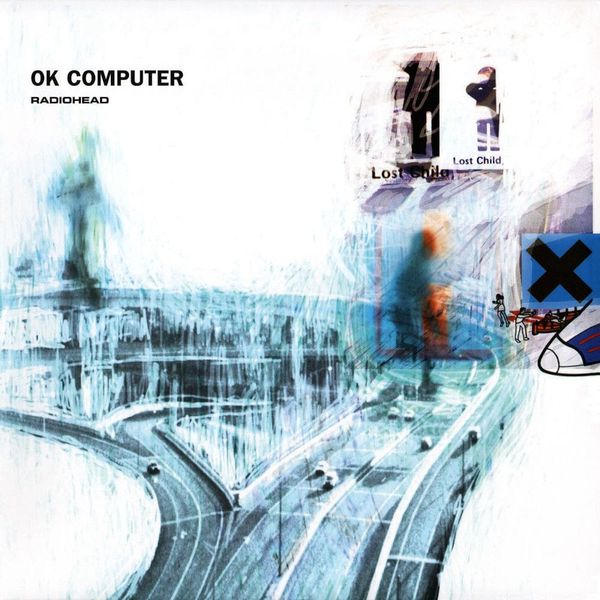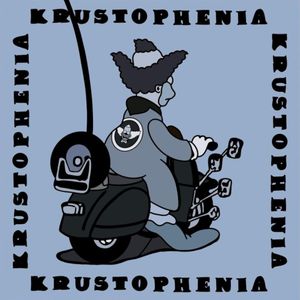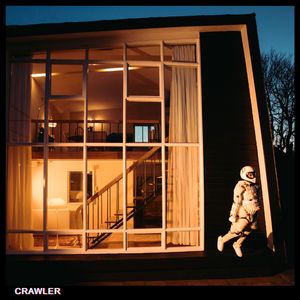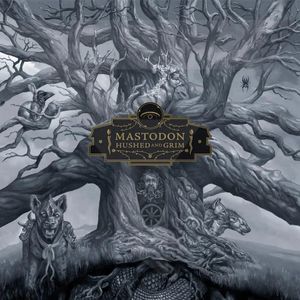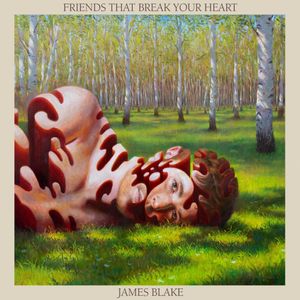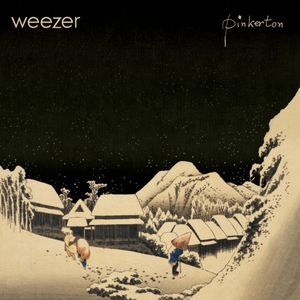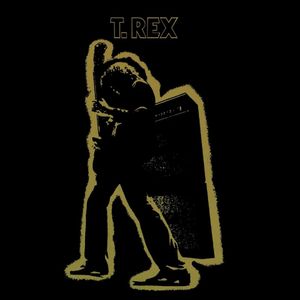Richard Ashcroft is wasting his northern soul

Those who saw fit to look beyond Parklife, (What’s The Story) Morning Glory?, The Bends, Different Class, Ladies and Gentleman We Are Floating in Space, and numerous other landmarks of British guitar music in the 90s, would have likely come across Urban Hymns. Often referred to as ‘the one with “Bittersweet Symphony” on it’, The Verve’s third studio album is too frequently overlooked in spite of its other fantastic singles, and certainly deserves a better legacy. Unfortunately, former frontman Richard Ashcroft hasn’t exactly helped the cause. “A Song For The Lovers”, his first single as a solo artist, was a misleading success: Ashcroft’s solo career hasn’t been as dreadful as it has been a total non-entity, and his latest release does nothing to improve things.
There’s very little on These People to inspire a great amount of interest. Even die-hard fans will struggle to draw any comparisons in quality to the likes of “Sonnet”, “The Drugs Don’t Work”, or even some of Ashcroft’s early solo work. “This is How It Feels” is a decent anthem, and works well as a lead single, but upon realising that this is as good as the album gets, you wonder how such a capable songwriter has fallen quite so far. Ashcroft still possesses one of the most distinctive voices in rock music, so it’s a great shame that he sings in such a routine tone that barely gives his vocal chords a stretch. Herein lies the albums biggest pitfall: despite Ashcroft fiddling with elements of electronic music (creating a hugely artificial sheen that is impossible to move past), These People is just so safe and benign. Even the album’s best moments are middle of the road, and will likely fail to stimulate anyone at a concert.
These People is not awful, but it’s not close to being good either. There are plenty of ideas here, but none that feel truly developed. The string arrangements sound dated, placed with a predictability that suggests a severe lack of confidence in the core songwriting itself. It’s a messy affair that boasts no real highlights. I suggest anyone who’s remotely curious should check out “This is How It Feels”, and stop right there. Better still, just put on Urban Hymns again. And again.

Related Posts
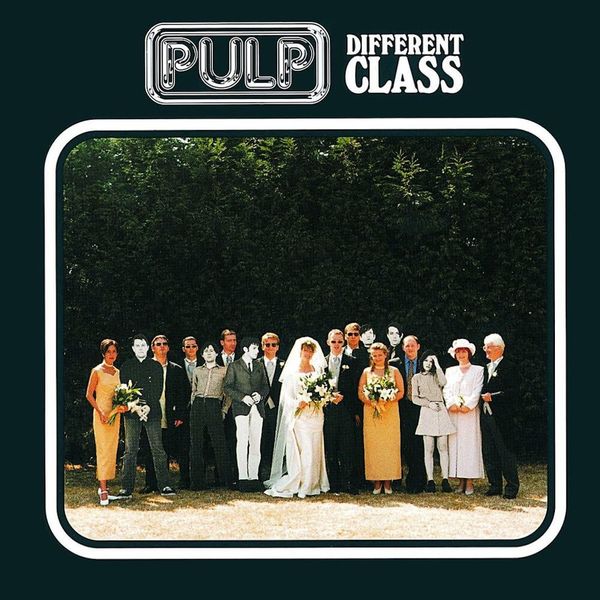
Different Class // Pulp
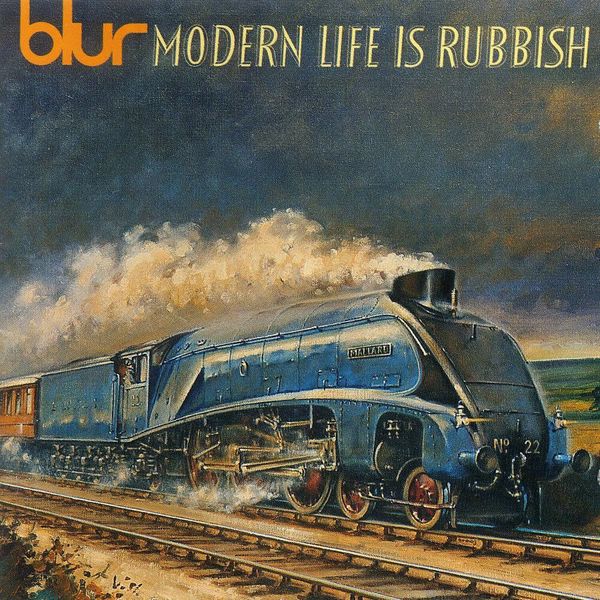
Modern Life Is Rubbish // Blur
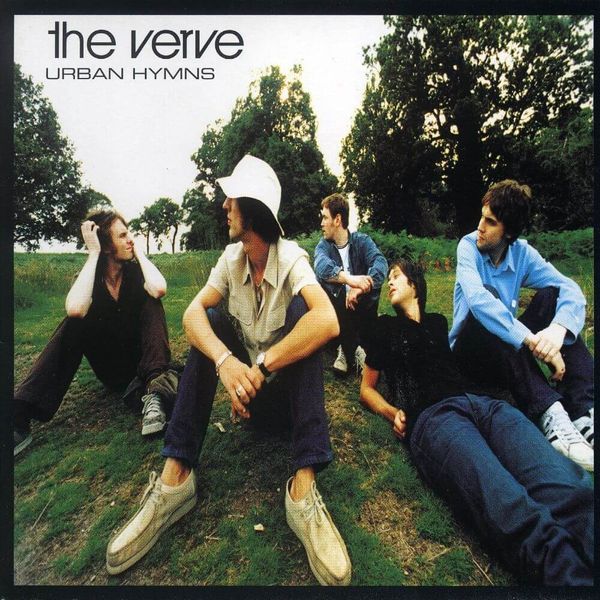
Urban Hymns // The Verve
